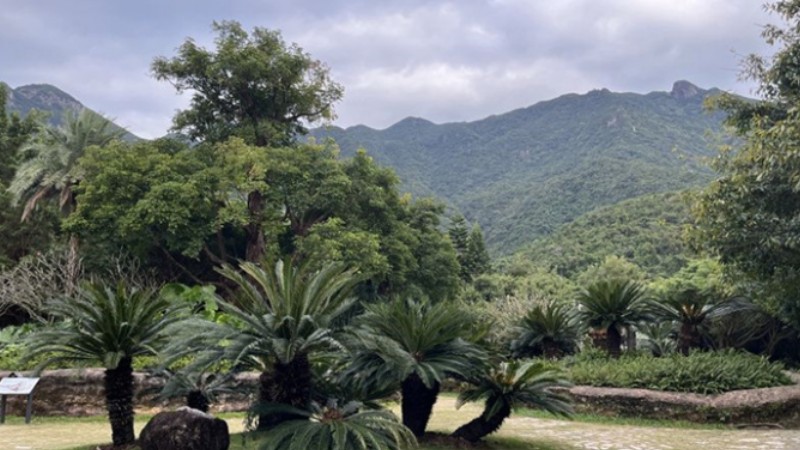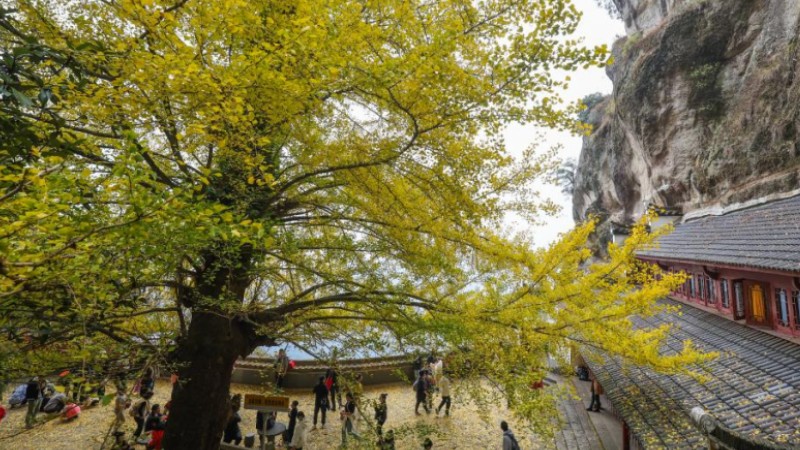Scientists identify new ancestor of modern maize: study
WUHAN, Dec. 1 (Xinhua) -- A collaborative team of Chinese and U.S. scientists have identified a new ancestor of modern maize, highlighting the potential of the crop's wild relatives to be utilized in future breeding.
The study published on Friday in the journal Science revealed that the origin of modern maize can be traced to an admixture between ancient maize and a teosinte living in the highlands of Mexico some 4,000 years after domestication began.
The origins of maize were controversial for nearly a century and recent work suggested the possible contribution of a wild relative called "Zea mays ssp. mexicana."
The researchers from Huazhong Agricultural University and University of California, Davis examined genetic data from more than 1,000 varieties of maize and related species to clarify the complex origins of this agricultural staple.
The hybridization with this wild relative occurred about 6,000 years ago, which was before the crop spread across the Americas, either replacing or hybridizing with preexisting maize populations, according to the study.
The results clarify the origin of modern maize and also pointed to crop wild relatives' potential as a source of adaptative diversity for future breeding, said the researchers.
Photos
Related Stories
- China's agricultural supply chain cooperation enriches consumer food choices
- China's agricultural product prices up
- Sichuan official punished for ignoring farmland quality issues as China closely monitors acts of ‘lying flat’
- Harvesting fortunes with hawthorn trees
- Chinese researchers issue organic carbon map for global black soil regions
Copyright © 2023 People's Daily Online. All Rights Reserved.









